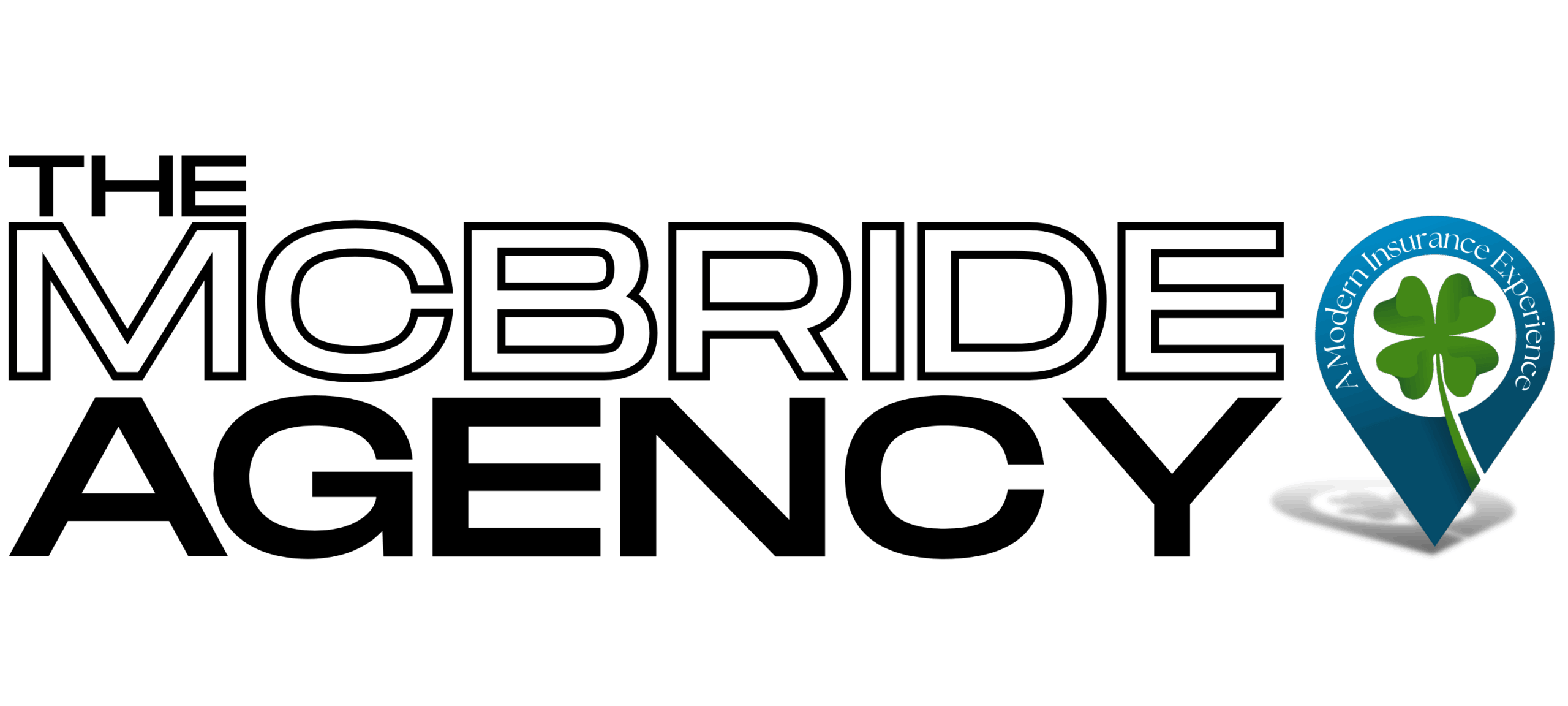Understanding work compensation audits can be confusing, especially when you find yourself asking, “Do I have to pay my work comp audit in Illinois?” This article will break down the essentials of work compensation audits in Illinois, why they’re conducted, and clarify your payment responsibilities. By the end of this post, you’ll have a clear understanding of what to expect and how to handle these audits.
What is a Work Compensation Audit?
A work compensation audit is a review conducted by insurance companies to verify that your paid premiums accurately reflect your payroll and job classifications. The purpose is to ensure that workers’ compensation premiums are calculated based on actual, not estimated, figures. **Do I have to pay my work comp audit?** This is a common question since any discrepancies found during the audit may result in additional charges or refunds.
What is a Work Compensation Audit?
A work compensation audit is a review conducted by insurance companies to verify that your paid premiums accurately reflect your payroll and job classifications. The purpose is to ensure that workers’ compensation premiums are calculated based on actual, not estimated, figures.
Do I have to pay my work comp audit? This is a common question since any discrepancies found during the audit may result in additional charges or refunds.
Why Are Work Compensation Audits Conducted in Illinois?
Work compensation audits are conducted to maintain compliance with Illinois state laws and to guarantee fair premium processing. Audits help identify underreporting or overreporting of payroll, which can lead to inaccuracies in the insurance coverage provided. Many employers misunderstand audits, thinking they are punitive measures. In reality, these audits aim to protect both the employer and the insurer by adjusting premiums based on actual data.
Payment Responsibilities for Work Comp Audits in Illinois
So, do I have to pay my work comp audit in Illinois? The short answer is yes, but it depends on the audit’s outcome. If the audit reveals that your payroll has been underreported, you will be required to pay the additional premium to cover the deficit. Conversely, if you’ve overpaid, you might be entitled to a refund or a credit towards future premiums. Illinois law mandates that employers must settle these balances promptly to remain compliant.
Steps to Prepare for a Work Compensation Audit
Being prepared can make the audit process smoother:
1. Organize Your Payroll Records: Have accurate and up-to-date payroll records ready.
2. Classify Employees Correctly: Make sure each employee’s job description is correctly classified as per their actual job duties.
3. Review Subcontractor Details: Include documentation for any subcontractors, as they can impact your premium calculations.
4. Consult Your Insurance Agent: They can offer guidance and help you understand your policy better.
Consequences of Not Paying a Work Comp Audit
What happens if you don’t pay your work comp audit? Ignoring payment obligations can lead to several negative outcomes, including:
- Penalties and Fines: Illinois law may impose steep penalties for non-payment.
- Cancellation of Coverage: Your insurance policy may be canceled, leaving you without coverage and facing significant risks.
- Legal Action: Failure to pay can result in legal proceedings against your business.
Clearly, addressing the question, do I have to pay my work comp audit in Illinois, reinforces the importance of compliance to avoid these serious consequences.
Frequently Asked Questions About Work Comp Audits in Illinois
How often are audits conducted?
Audits are typically conducted annually after the policy period ends.
What documents are required?
Commonly required documents include payroll records, tax returns, and information on subcontractors.
What should be done if there is a dispute over the audit results?
If you disagree with the audit findings, it is advisable to contact your insurance agent or the auditing body to discuss the discrepancies and provide additional information if necessary.
In summary, when asked, do I have to pay my work comp audit in Illinois, it’s critical to understand that payment depends on the audit’s findings. If there’s an underpayment, you’ll need to settle the additional premium. Accurate record-keeping and understanding the audit process can help avoid unexpected charges. Stay compliant with Illinois regulations by preparing adequately for audits, and consider consulting with a professional to navigate the complexities of work compensation policies.
Remember to keep your records straight and always be proactive in managing your premiums and audits.


